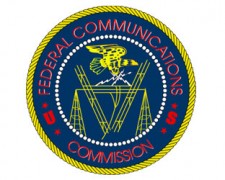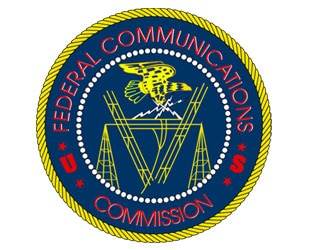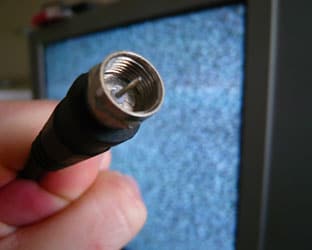 As we’ve been reporting all year, the FCC has been targeting Class A stations that have been falling short of their reporting requirements and degrading many to LPTV status – potentially an existential threat with channel repacking looming. A Class A in Columbus OH has shown how to avoid this trap.
As we’ve been reporting all year, the FCC has been targeting Class A stations that have been falling short of their reporting requirements and degrading many to LPTV status – potentially an existential threat with channel repacking looming. A Class A in Columbus OH has shown how to avoid this trap.
And it’s a no-brainer. It responded to the FCC’s inquiry
The station is WDEM-CD, licensed to Triplett & Associates, Inc.
Like a large number of other Class A stations, the FCC found it short on a number of required Form 398 reports on its children’s programming. It sent the station an inquiry asking it about the missing documents.
In almost all of the cases we’ve reported, the FCC has sent stations two such inquiries, and received no response to either. It then sends a show cause order asking why the Class A should not be busted to LPTV status. Often that elicits no response, and the LPTV threat is carried out.
WDEM, however, responded to the initial inquiry.
It said it believed it had filed its report every time it was supposed to do so. However, it did it electronically, and said it had no idea why it wasn’t showing up in the FCC’s records.
Unfortunately, for two of the quarters involved, it was unable to locate its paper copy of the filing in its records.
Instead of threatening to degrade the station’s license, the FCC has simply issued it a Notice of Apparent Liability for $3K for what it characterized itself as an inadvertent infraction – the FCC noted that inadvertence was no excuse in so doing.
The station has the right to seek the cancellation or reduction of the fine.
But what is important here is that it is retaining the protection of its Class A status. All because it simply did what any licensee should do whenever the situation arises: It responded to an FCC inquiry.
RBR-TVBR observation: This shows that the FCC has not simply been killing off Class A television stations. Has it gone after them? Yes. But as this story demonstrates, it is giving the stations a fair chance to make their case. It makes it all the more amazing how many stations simply failed to reply to the FCC’s inquiries.
That wasn’t so hard, was it?





